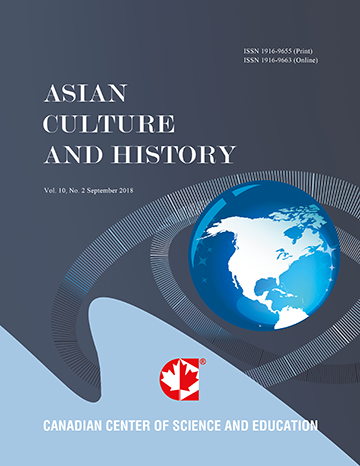The Effect of Gender Role Orientation on Work Interference with Family (WIF) and Family Interference with Work (FIW) among Married Female Nurses in Shiraz-Iran
- Hajar Namayandeh
- Siti Nor Yaacob
- Rumaya Juhari
Abstract
The present study highlights the significance of gender role orientation as one of the most important individual factors on WIF and FIW. Furthermore, this paper also examines the effects of some of the essential personal backgrounds such as age, job experience and duration of marriage on WIF and FIW. This study consists of 198 married female nurses in Shiraz-Iran. The findings revealed that married female nurses who adopt more egalitarian gender role attitude are associated with higher WIF. Unlike previous studies, the finding also indicates that respondents who adopt a more egalitarian gender role attitude experienced higher FIW, which may be explained by the specific cultural context in Iran. This study also established that female nurses with older age, more years of job experience, and longer duration of marriage, perceived lower level of WIF and FIW. Implications are discussed and recommendations are made regarding future researches in this area.- Full Text:
 PDF
PDF
- DOI:10.5539/ach.v2n2p165
Journal Metrics
Google-based Impact Factor (2017): 5.42
h-index (January 2018): 11
i10-index (January 2018): 21
h5-index (January 2018): 6
h5-median (January 2018): 9
Index
- Academic Journals Database
- CNKI Scholar
- COPAC
- EconPapers
- Elektronische Zeitschriftenbibliothek (EZB)
- Excellence in Research for Australia (ERA)
- Genamics JournalSeek
- Google Scholar
- Infotrieve
- LOCKSS
- MIAR
- NewJour
- Open J-Gate
- PKP Open Archives Harvester
- Publons
- RePEc
- Scilit
- SHERPA/RoMEO
- Standard Periodical Directory
- Technische Informationsbibliothek (TIB)
- The Keepers Registry
- Universe Digital Library
- WorldCat
Contact
- Ivan YongEditorial Assistant
- ach@ccsenet.org
